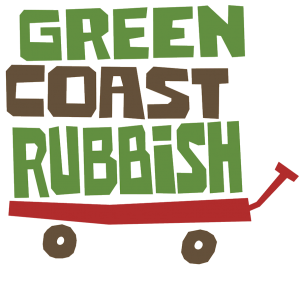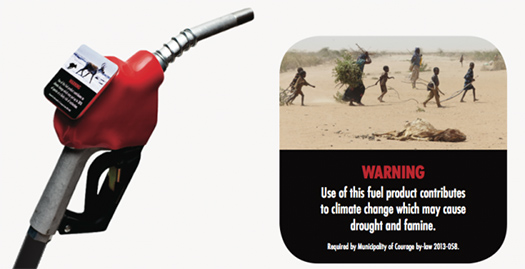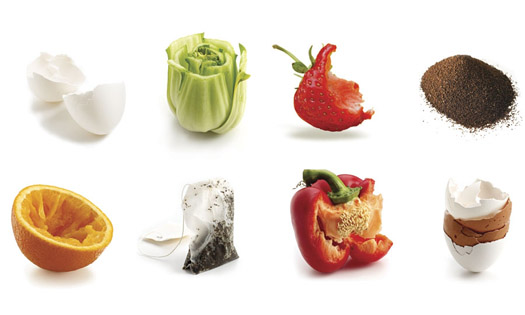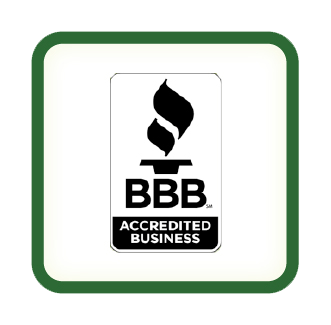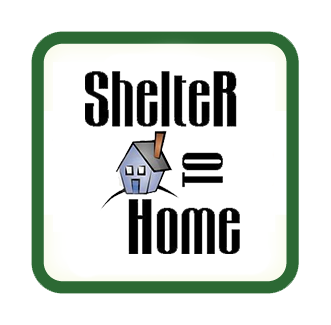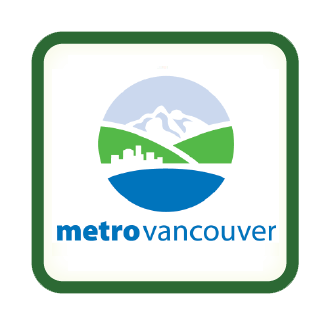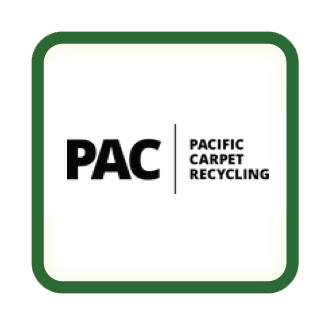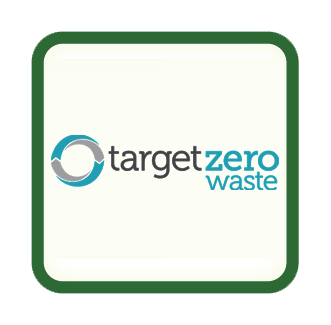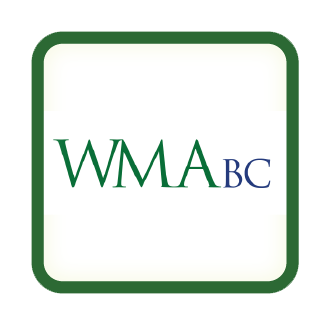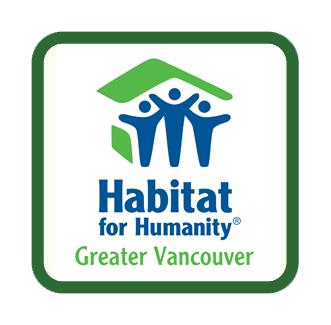Our Horizon – Green Information at the Gas Pump
It’s always inspiring to encounter passionate people who are trying to make a difference to the environment. It’s all the more impressive when they are setting an example at a young age.
Recently Emily Kelsall, a 16-year-old West Vancouver resident contacted us about a non-profit campaign she believes in called Our Horizon. This project is actively working toward changing the way that government and the general public think about fuel consumption by placing information graphics on fuel pumps. Similar to warning labels on cigarettes, they believe that adding this visual reminder to gas nozzles will help prompt consumers to be more mindful about the long term effects of fossil fuels on climate change.
Rob Shirkey, a former lawyer and the founder of the project, delivers an excellent TED talk on why this simple idea could have a lasting impact on the public. By inspiring individuals who care about the environment, Our Horizon also encourages people to speak to their local municipal officials to help make bigger changes in their communities and across the country. In the Lower Mainland, Emily has gotten a lot of support and media coverage. She has been featured in the Globe & Mail, and on Global TV, and the list of companies and individuals who endorse this idea keeps growing.
At Green Coast Rubbish, we regularly see how small changes in behavior can add up over time. Sometimes it can just take a little reminder to jog our brains into making better greener choices. We wish all the success to Emily and the Our Horizon project in getting these information labels at gas stations in Metro Vancouver in the near future!
